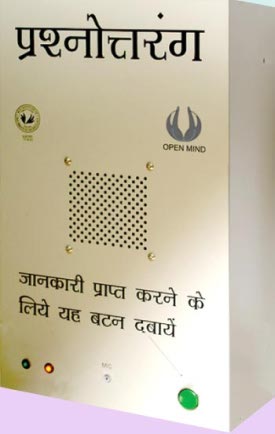Up till now, the worst that computer hackers could do was steal your passwords, and maybe your money from your bank accounts. Now, comes evidence, that it is theoretically possible for a hacker to wirelessly hack into the pacemaker that a is installed in a person’s chest and modify its settings – and actually kill the person.
See this post for:
To the long list of objects vulnerable to attack by computer hackers, add the human heart.
The threat seems largely theoretical. But a team of computer security researchers plans to report Wednesday that it had been able to gain wireless access to a combination heart defibrillator and pacemaker.
They were able to reprogram it to shut down and to deliver jolts of electricity that would potentially be fatal — if the device had been in a person. In this case, the researcher were hacking into a device in a laboratory.
Gives a new meaning to the phrase “he is in the hospital with a virus infection”.
See full article. (via slashdot.)
